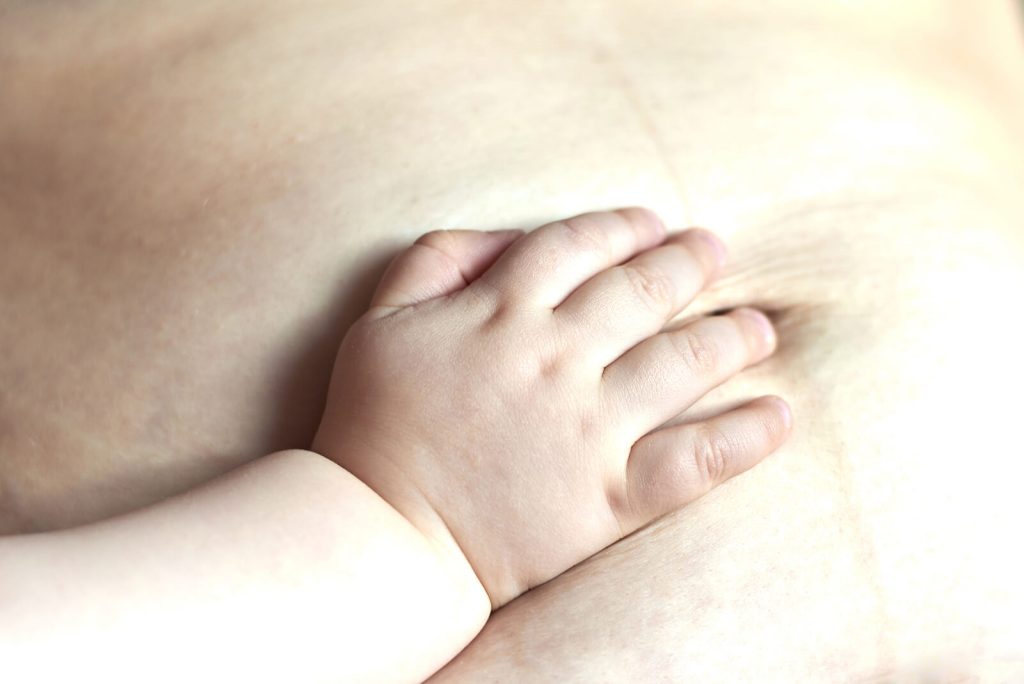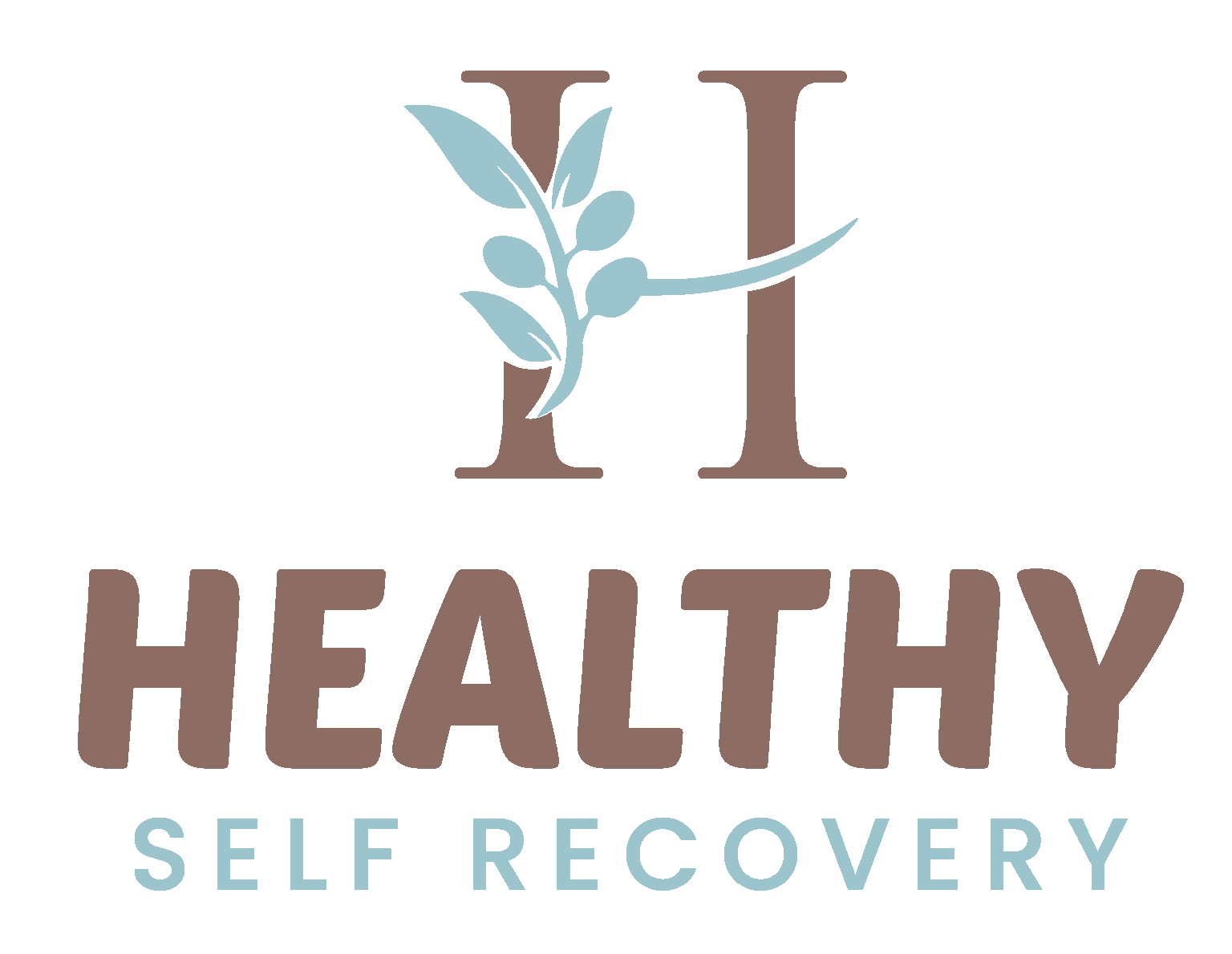The postpartum period is a time of profound change and adjustment for new mothers. The arrival of a newborn brings physical and emotional adjustments that can be overwhelming to a mother. For many women, this time can also bring a heightened vulnerability to eating disorders driven by multiple factors, including changes to their bodies, societal pressures, and the overwhelming demands of caring for a newborn. Coping with a new baby whilst struggling with an eating disorder can feel simply overwhelming and desperately lonely. Eating disorder recovery coaching can offer a vital support system during this difficult period, offering mothers support and guidance to rebuild trust with their bodies and foster a balanced relationship with food. This blog will explore the complexities of eating disorders in the postpartum period, the role of recovery coaching, and practical strategies for self-compassion and self-acceptance in motherhood.

Why are Women at Higher Risk of Developing or Relapsing Into an Eating Disorder in the Postpartum Period?
Eating disorders in the postpartum period can affect both people who have never had an eating disorder before, as well. People who lived with an eating disorder prior to pregnancy or during pregnancy are particularly at risk for struggling with disordered eating after the arrival of their baby. This is because during pregnancy, it is common to not engage in eating disorder behaviours due to fears that it could harm the baby. But postpartum, this fear of behaviours affecting the baby tends to subside, which can contribute to relapse
As with the development of an eating disorder at any other stage of life, there is no single contributing cause. Instead, a multitude of different factors come together to cause an eating disorder to emerge or reappear.
Body Image
A new post-baby body is a very different body from a pre-pregnancy body, and many women struggle with this. An unfamiliar post-pregnancy body with its different size, shape, stretch marks, functions, and hormone changes can be very uncomfortable, and even frightening, as well as triggering feelings of embarrassment and anxiety
Societal Pressures to Bounce Back and Lose Baby Weight
Postpartum, a woman’s body naturally experiences changes and fluctuations in shape and weight; however, the pressure from society for a newborn mother to quickly bounce back to her pre-baby weight and essentially look like she never had a baby is intense. A study published in 2020 by Martinez Alcina et al * shows how prolific the concern with post-baby weight loss is. One month after giving birth, 5% of women are concerned with weight retention, and four months after giving birth, 70% attempt to lose weight. The drive for weight loss and to be back in a smaller, more familiar body can quickly fuel restrictive and disordered eating behaviours. Even more so for anyone who is either in active recovery from an eating disorder or who has a history of one.
Traumatic Birth
A traumatic birth experience, which can include intense pain, feeling like you have a lack of control over the circumstances, or poor interactions with medical staff, can very often make women more susceptible to postnatal depression, which is highly correlated to susceptibility to an eating disorder and/or relapse
Postpartum Depression
Postpartum depression can occur up to a year after giving birth and brings feelings of deep sadness, hopelessness, and isolation. Again there does not seem to be one particular cause but rather a constellation of factors that come together to create a sense of complete overwhelm and depression: post pregnancy fluctuations in hormones, the stresses and responsibility of looking after a newborn, change in one’s identity and relationships with becoming a mother, changes to one’s body, lack of sleep and the constant demands of looking after a newborn. Furthermore, there appears to be a strong link with postpartum depression and eating disorders, with some statistics suggesting that as many as 37% of women who suffer have a history of an eating disorder
Changes in Relationships and Identity
A newborn often involves changes in identity and relationships. A first child entails a shift from being an individual to a mother, becoming parents and having a child alters the dynamics of one’s relationship with a partner, and a second child involves adapting to two children with different needs. It’s completely natural that for some people, these changes can trigger a sense of loss and confusion around one’s identity. For some people, turning the focus to food and body weight can seem like a way to regain control or cope/ distract from painful emotions.
Breastfeeding
Whilst breastfeeding can be a source of connection and comfort for some women, for many women, particularly those with a history of an eating disorder, breastfeeding can be extremely challenging
“Breast is best.” The pressure to breastfeed can feel like it comes from all sides: from doctors, well-meaning family members, friends, social media, and not only that, but also the continuous debate about how long one should breastfeed for. For some who simply don’t want to / or enjoy breastfeeding, or have issues with latching on and other practicalities that make breastfeeding difficult for them, not being able to meet pressure, this can all lead to feelings of shame and inadequacy, which can lead to disordered eating.
Breastfeeding is often presented as a good way to lose “baby weight.” However, producing milk for your baby is an energy-intensive task, and in order for this to happen, more calories need to be consumed. Because of this it is really common to feel more hungry when breastfeeding. This push-pull of increased hunger, and pressure to eat enough to feed your baby solely through breastfeeding whilst also losing weight to get back to one’s pre-baby body is highly confusing and stressful, and can potentially trigger eating disorder behaviours..
Eating Enough To Breastfeed
Eating enough to breastfeed and to ensure your baby grows can be particularly challenging for women with a history or recovery from an eating disorder. Their eating disorder thoughts and behaviours may have been subdued as they can rationalise the need to eat adequately by focusing on the needs of their unborn baby. However, after childbirth, the eating disorder thoughts and voice can become more prominent again, insisting that “Now you are no longer pregnant, there is no need to eat for the baby, rather you need to lose weight.”
Changes in Routine and Lack of Sleep
Caring for a new baby disrupts established routines, and combined with a lack of / disrupted sleep, this can make life feel very chaotic and unpredictable. Lack of sleep also decreases impulse control. Together, the lack of structure and fatigue can contribute to disordered eating patterns as a way of managing stress, and regaining a sense of control

Benefits of Working With an Eating Disorder Recovery Coach in England
The postpartum period brings about a unique set of challenges for people who are struggling with disordered eating, and acknowledging struggles with food and disordered eating and reaching out for help takes a lot of courage. Reaching out and working with a recovery coach can be the solution to getting support and guidance that is specifically designed to address the complexities of postpartum body image issues and stress. By providing a safe and understanding space, a recovery coach can support and empower someone to address their disordered behaviours, reframe their thoughts, and develop other coping strategies. Eating disorder recovery coaches help to rebuild their relationship with food and their body and create a supportive and nurturing environment for both themselves and their baby.
Strategies Used by an Eating Disorder Recovery Coach
Goal Setting and Accountability
Understanding the importance of goal setting and accountability in the journey to recovery from an eating disorder is crucial. They provide a reliable structure, focus, and motivation to make progress. Coaches work with their clients to collaboratively set specific, achievable goals which give recovery a sense of direction and purpose, as well as providing a framework for measuring progress. Having accountability ensures that someone stays on track with their goals and remains committed to their recovery journey. Daily messaging that coaches offer is really helpful in identifying and addressing any obstacles or setbacks that may arise, and providing a constant source of encouragement and guidance.
Building a Supportive Environment
Eating disorder coaching provides a unique space where thoughts, beliefs, and experiences of an eating disorder can be explored and talked about freely without fear of judgment and with someone who has a very deep understanding of your experience. If it is something that the client wants or needs help with a coach will also work with partners and family to help establish a supportive and compassionate environment at home that is conducive to recovery.
Coping Mechanisms and Mindfulness Techniques
Developing and practicing coping skills to manage challenging emotions, triggering situations, and disordered thoughts that are not related to food or physical activity is essential for recovery. Strategies such as journaling, breathwork, meditation, grounding exercises, and reaching out to others can be incredibly effective. Having a variety of coping strategies that you regularly practice and feel confident using when faced with stress is crucial for enhancing your tolerance and resilience when confronting triggers.
Self-Compassion
Typically, people who suffer from eating disorders and disordered eating have a brutal inner critic. Becoming aware of this harsh, critical inner voice and learning self-compassion is a crucial part of healing from disordered eating at any stage in life, but particularly in the postpartum period. Recovery can feel overwhelming, especially in such a life-changing period like postpartum. By learning to slowly accept and practice self-compassion, people can start to offer kindness and understanding towards themselves, counteracting the harsh criticism of the eating disorder voice. Self-compassion is a gentle approach that helps to dismantle limited thought patterns and helps to encourage a more gentle relationship with food and body that supports long-lasting healing.
Connection
Loneliness is a very common and difficult feeling for new mothers. It typically stems from hormone fluctuations, exhaustion from looking after a newborn baby, and the major adjustments of becoming a mother / welcoming another child into the home. Added to this is the fact that if someone is struggling with disordered eating, they will most likely avoid family and friends to hide their behaviours through shame.
Working with a recovery coach can really help someone to feel connected to someone who deeply understands their experience and to counter the shame and loneliness so often felt by people who suffer from an eating disorder. Eating disorders thrive in isolation, so building connections is a crucial part in making it difficult for an eating disorder to survive. An eating disorder recovery coach offers a reliable, trustworthy, and constant source of support and connection with someone who truly understands and is often the stepping stone to building connections with others.
Finding Strength in Postpartum Eating Disorder Recovery
Coping with the changes a newborn brings and the stresses of the postpartum period while addressing eating disorder challenges can be extremely daunting. Seeking support to cope with this period can be essential in rebuilding trust in one’s body and learning how to have a positive relationship with food.
Every mother deserves compassion and care as they copes with the complexities of postpartum recovery, but especially so if they are struggling with disordered eating. It’s ok to seek help, in fact, it’s a brave and empowering step towards healing and understanding. You are worthy of support, and together at Healthy Self Recovery we can navigate the path to recovery and a life not dictated by food, rules, and the shape of your body.
References
- Eating Disorders in Pregnant and Breastfeeding Women: A Systematic Review – PMC. (2025, June 18).

Compassionate Support for New Mothers Through Eating Disorder Recovery Coaching in England and anywhere else Online Globally
If you’re feeling overwhelmed by postpartum changes and disordered eating, you’re not alone and you don’t have to face it alone. At Healthy Self Recovery, we offer compassionate, personalized support to help you reconnect with your body and build lasting recovery. Reach out today to explore how eating disorder recovery coaching in England can guide you toward healing in motherhood. Follow these three simple steps to get started:
- Contact me to schedule a free discovery call to see if Eating Disorder Recovery Coaching is right for you.
- Begin meeting with me, Marianna Miles, a British Eating Disorder Recovery Coach
- Start reconnecting with your body postpartum!
Additional Supportive Coaching Services at Healthy Self Recovery
At Healthy Self Recovery, I offer individualized eating disorder recovery coaching designed to support you at every stage of your journey. Whether you’re navigating postpartum challenges, managing the pressures of professional life, or balancing the demands of athletic performance, I provide guidance that’s compassionate, practical, and rooted in real-life experience. Together, we’ll work to reduce food-related stress, strengthen emotional coping skills, and build routines that feel natural and sustainable.
Ongoing check-ins and between-session messaging ensure you’re supported when it matters most. I also collaborate with other health professionals as needed to ensure a cohesive approach to your care. My goal is to help you rebuild trust with your body and develop a healthier, more peaceful relationship with food. Coaching is available throughout the UK—including England, Scotland, and Ireland—as well as online for clients globally. Be sure to explore my blog for valuable resources and honest reflections on eating disorder recovery.








